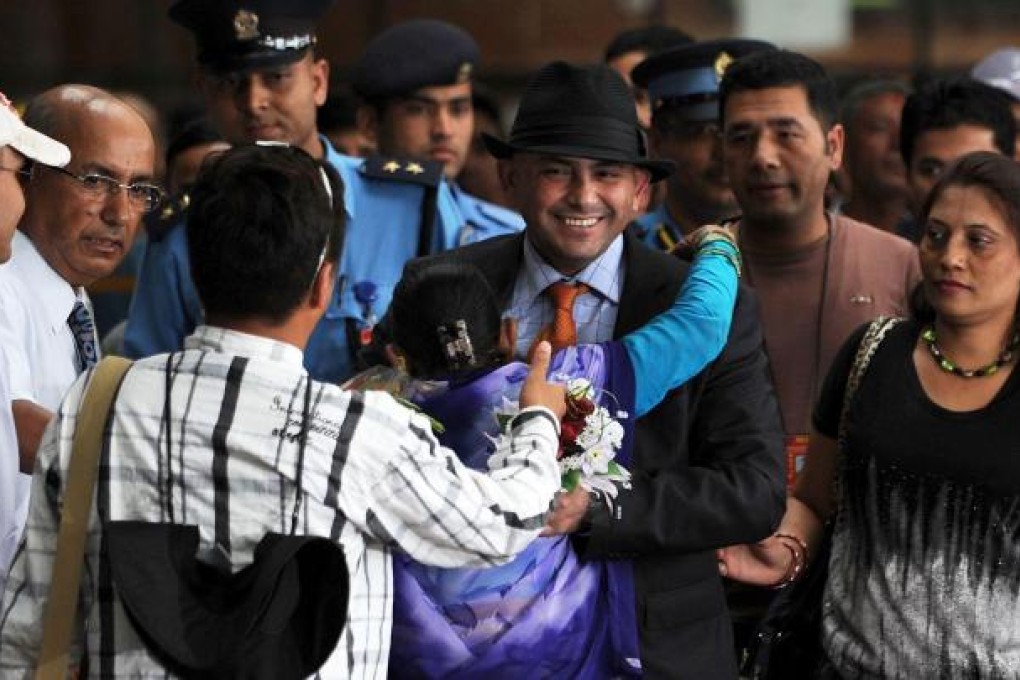Nepali jailed in Japan for murder he did not commit urges prison reforms
Nepali acquitted after spending 15 years in prison for murder he did not commit calls for Tokyo to reform its police and prison system

A Nepali migrant worker who spent 15 years in a Japanese jail for a murder he did not commit claims he was tortured in prison and has urged Tokyo to reform its police and prison system.
Govinda Prasad Mainali was working at a restaurant in the Japanese capital when he was arrested on suspicion of strangling Yasuko Watanabe in 1997.
Watanabe had been an up-and-coming economist earning a comfortable salary, yet was reportedly living a double life as a sex worker who walked Tokyo's streets at night.
When her body was found in a sleazy downtown apartment, Mainali was charged with her murder and given a life sentence. He was acquitted in a retrial on Wednesday after DNA evidence proved he could not have committed the crime.
"I was forced to undergo 15 years of horrible and torturous time in jail despite being innocent," Mainali said in Kathmandu. "Had the DNA test not been conducted, I would have been languishing in jail and probably would have died there."
Mainali, 46, was deported to Nepal in June after his conviction was quashed, before he was finally declared not guilty by the Tokyo High Court this week.
The case has attracted lurid headlines and exposed Japan's justice system to heavy criticism by human-rights campaigners. Watanabe, who was 39 when she died, grew up in an affluent Tokyo neighbourhood, majored in economics and followed in her late father's footsteps into the Tokyo Electric Power company. She was a high-flyer but became frustrated after being passed over for promotions, author Shinichi Sano said in a bestseller on the case.